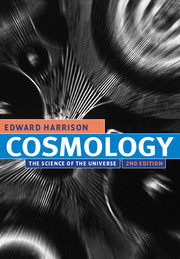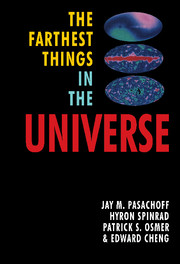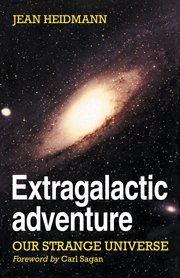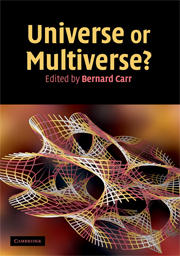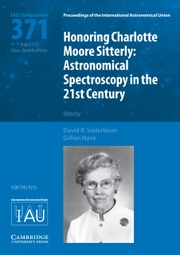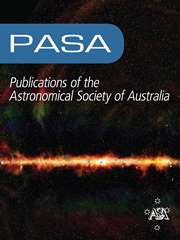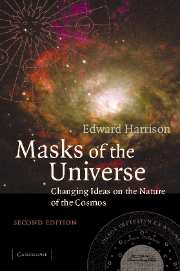Cosmology
Cosmology: The Science of the Universe is an introduction to past and present cosmological theory. For much of the world's history, cosmological thought was formulated in religious or philosophical language and was thus theological or metaphysical in nature. However, cosmological speculation and theory is now a science in which the empirical discoveries of the astronomer, theoretical physicist, and biologist are woven into intricate models that attempt to account for the universe as a whole. Professor Harrison draws on the discoveries and speculations of these scientists to provide a comprehensive survey of mankind's current understanding of the universe and its history. Tracing the rise of the scientific method, the major aim of this book is to provide an elementary understanding of the physical universe of modern times. This second edition, originally published in 2000, has received high praise for Harrison's wide-ranging insights into the universe at large.
- Pitched at a slightly higher level than most popular cosmology accounts, so is ideal for those wishing to go deeper than beginner's accounts
- In addition to the science, the author stresses the historical, philosophical, sociological and theological aspects of the quest for human understanding of the universe
- Combined sales to date of the first and second edition exceed 20,000 copies worldwide and have received excellent reviews
Reviews & endorsements
"Unusual, discursive, nonmathematical, full of reflective comments and disturbing questions, packed with unexpected citations....A beginning serious interest in cosmology can find no better satisfaction than in this helpful overview...this book may well blow your mind." Scientific American
"This very well written book belongs on the shelf of all physicists and in all libraries." Choice
"Harrison's text owes its appeal to its literate presentation of a wide variety of cosmological topics, from the creation myths of ancient Babylon to the relativistic models of Alexander Friedman...so much of Harrison's book is timeless, and so much of it is unique, that it deserves to stay in print for a long time. Like the subject of cosmology itself, Harrison's Cosmology is simultaneously uplifiting and exasperating. Perhaps that is why I admire it so much and will be recommending it to students for many years to come." American Journal of Physics
Product details
March 2000Hardback
9780521661485
578 pages
244 × 170 × 32 mm
1.32kg
Available
Table of Contents
- Prefaces
- Introduction
- Part I:
- 1. What is cosmology?
- 2. Early scientific cosmology
- 3. Cartesian and Newtonian world systems
- 4. Cosmology after Newton and before Einstein
- 5. Stars
- 6. Galaxies
- 7. Location and the cosmic center
- 8. Containment and the cosmic edge
- 9. Space and time
- Part II:
- 10. Curved space
- 11. Special relativity
- 12. General relativity
- 13. Black holes
- 14. Expansion of the universe
- 15. Cosmic redshifts
- 16. Newtonian cosmology
- 17. Cosmic box
- 18. Many universes
- 19. Observational cosmology
- Part III:
- 20. The early universe
- 21. Horizons in the universe
- 22. Inflation
- 23. The cosmic numbers
- 24. Darkness at night
- 25. Creation of the universe
- 26. Life in the universe
- Index.

